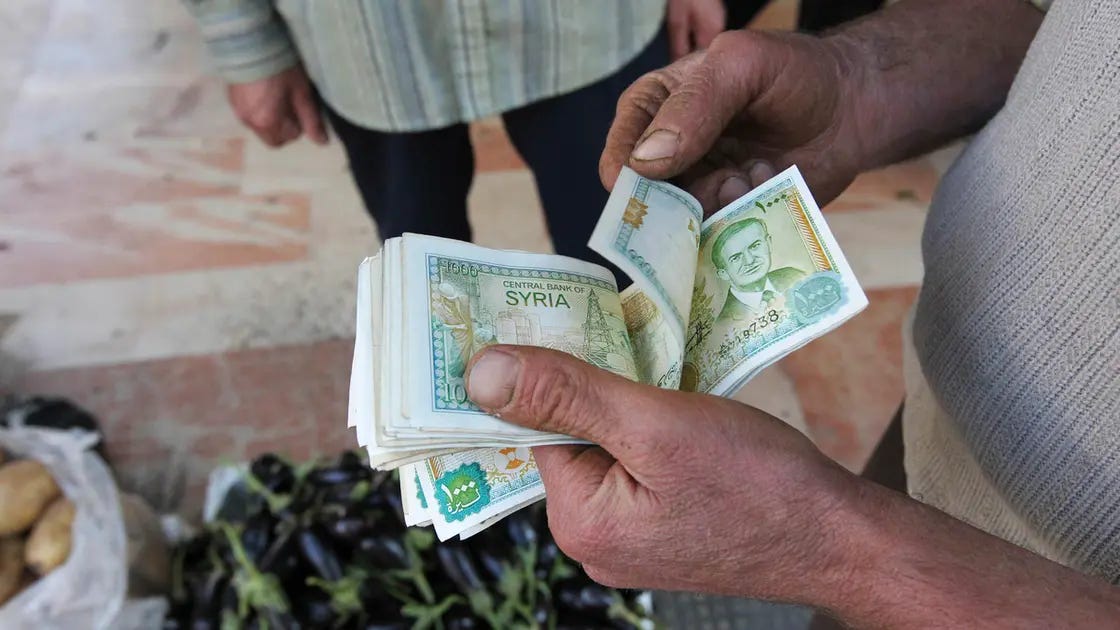New Measures by Syrian Central Bank Aim to Stabilize the Lira
The Central Bank of Syria has announced new measures designed to control the exchange rate of the Syrian Lira, as the country continues to grapple with economic challenges. These measures include adjustments to foreign exchange regulations and increased oversight of currency transactions.
Context of the New Regulations
Syria's economy has faced significant challenges in recent years, including currency devaluation and inflation. The Syrian Lira has experienced considerable fluctuations, impacting businesses and individuals alike. The new measures are intended to address these issues and foster greater economic stability.
Key Measures Introduced
The Central Bank of Syria has outlined several key changes:
Increased Monitoring: Enhanced oversight of foreign exchange transactions to prevent speculation and illegal activities.
Regulation Adjustments: Modifications to existing regulations regarding the purchase and sale of foreign currencies.
Intervention Policies: Implementing policies aimed at directly influencing the exchange rate in the market.
Potential Impact on Businesses in Syria
These regulations will likely affect businesses operating in Syria, especially those involved in import and export activities. Companies may face increased scrutiny when conducting foreign currency transactions. The success of these measures will significantly impact the business environment, potentially fostering stability if effective, or adding complexity if not.
Regional Economic Implications
While primarily focused on the Syrian economy, currency stability can have broader implications for the region. Stable exchange rates can encourage cross-border trade and investment. However, given the limited regional economic integration with Syria currently, the immediate impact on neighboring countries is likely to be modest.
Looking Ahead
The effectiveness of these new measures remains to be seen. Close monitoring of the Syrian Lira's performance in the coming weeks and months will be critical. The long-term impact will depend on a multitude of factors, including the overall economic situation in Syria and the broader regional context.
Source: AlArabiya


